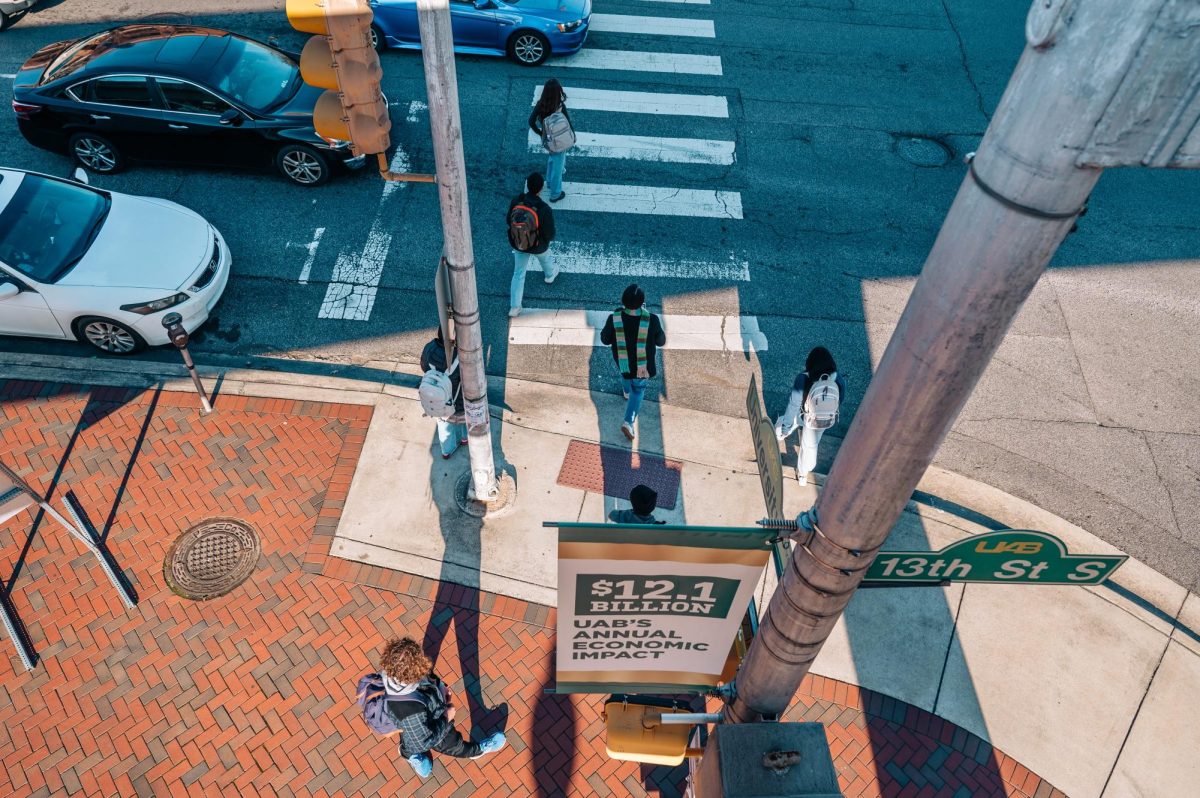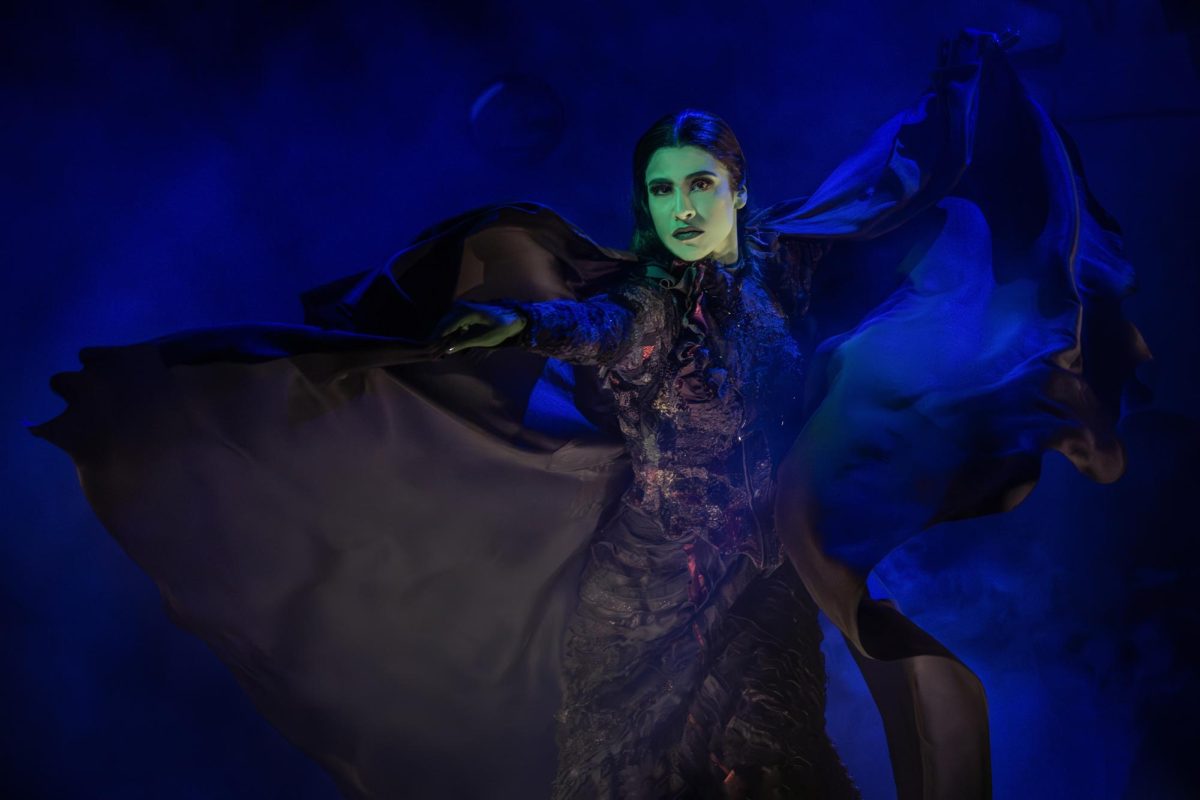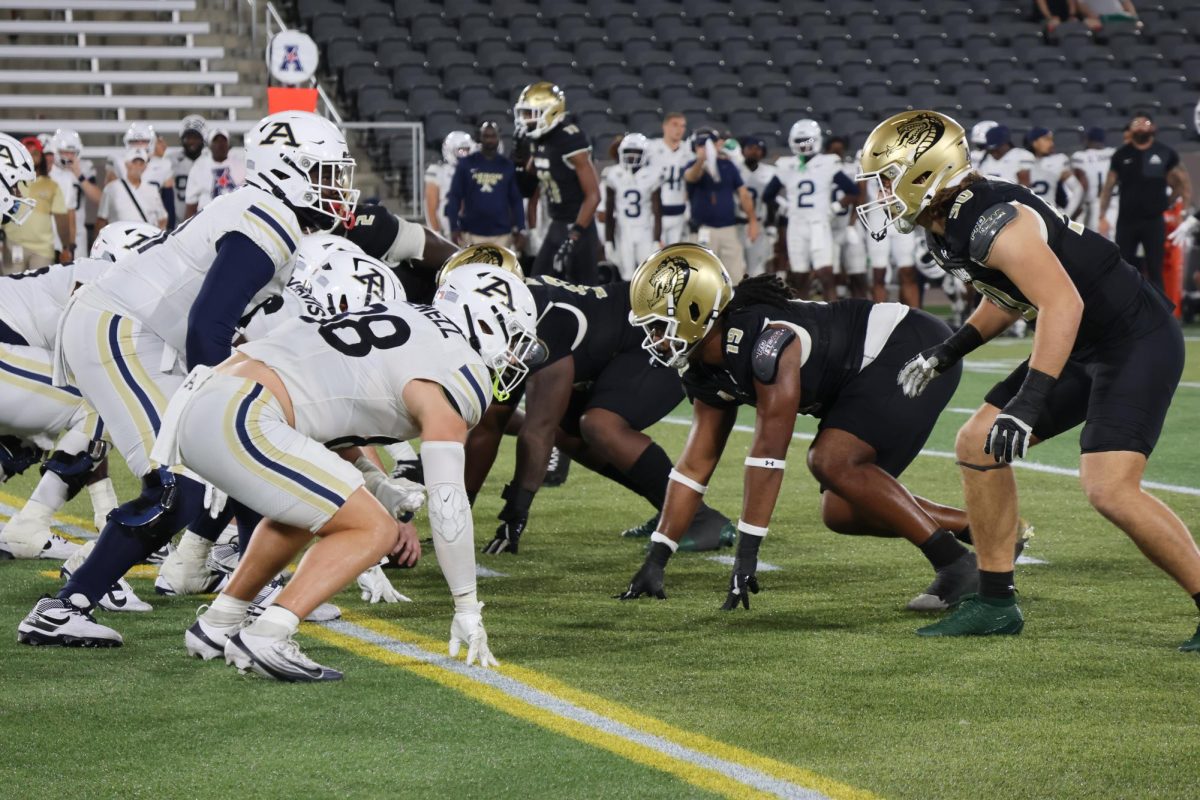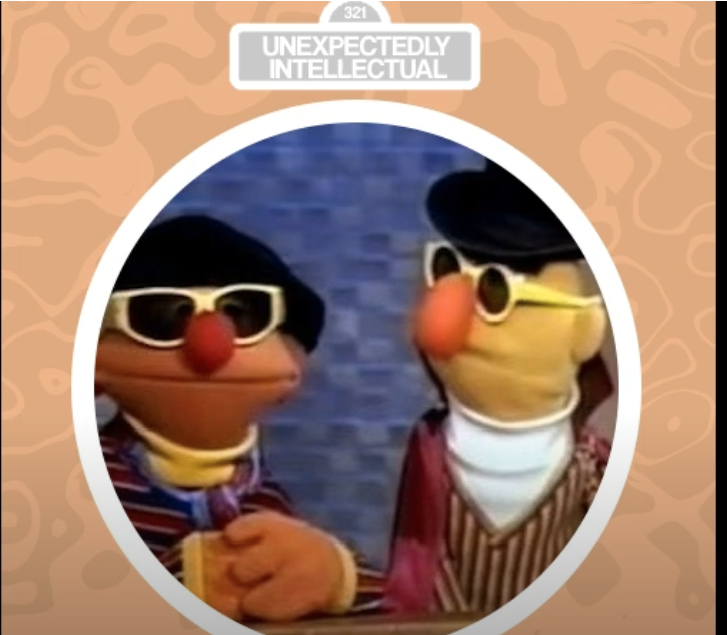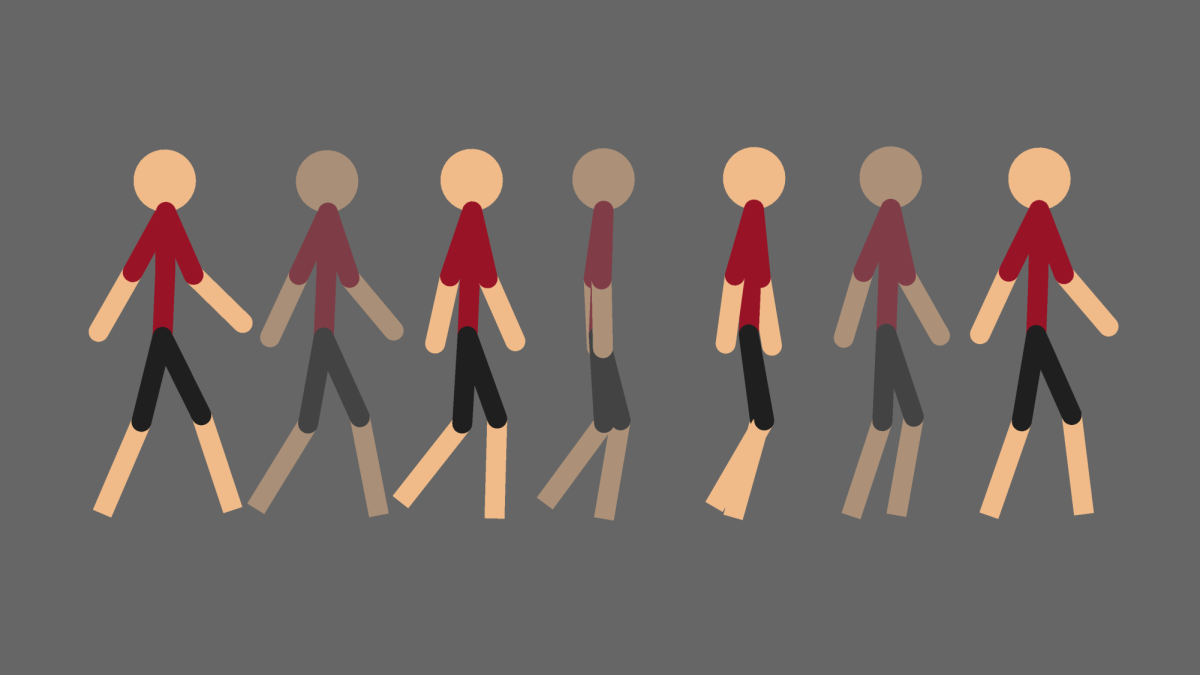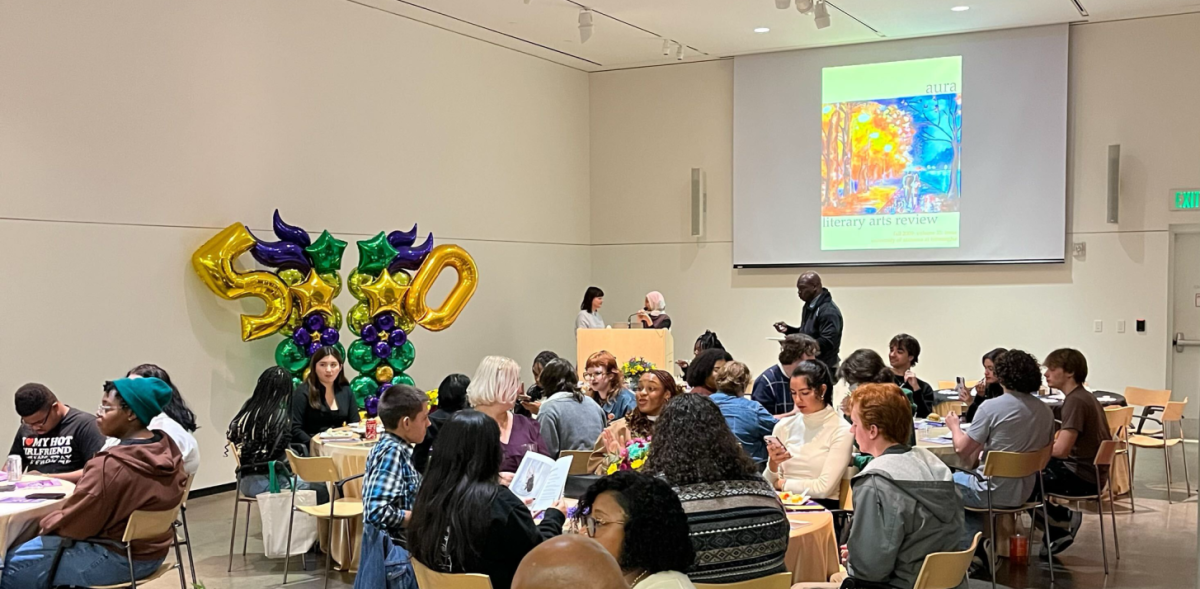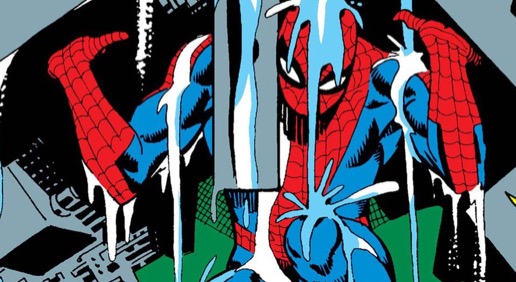They move things with their minds. They travel through time. They fly and go to faraway places to save lives every day. Even more impressive is their ability to lead normal lives while doing so. These living, breathing impossibilities are superheroes, and though they have never been real, these modern incarnations of an impossible reality hold great weight in the modern world.
In 2008, “Iron Man” hit theaters with a generation-defining impact no one could have predicted. In the 14 years since its release, Marvel Entertainment has created a slew of interconnected films stemming from that singular release, resulting in a collective lore dubbed the “Marvel Cinematic Universe.” A plethora of movies created by DC Comics and lesser-known comic book publishers have also made their way to the public, though with varying degrees of success. In all that time, the presence of superheroes in pop culture has done nothing but grow at an exponential rate, sweeping up millions of fans along the way. Behind this obsession, however, lies an obvious question: Why?
After Superman first debuted in 1939, superheroes were widely seen as comic book characters who went on death-defying, unreal and sometimes wacky adventures–and in many ways, that has not changed. However, fans of this genre grew tired of the same routine of seeing their favorite characters punch people through walls and save the world by stopping giant laser beams from destroying the Earth. Suddenly, there needed to be… more. What happened after the bad guy was beaten? What everyday things did a teen hero have to sacrifice in order to save the world from time to time?
At the root of every popular superhero today lies some sympathetic realism, a dash of ordinary life that gives the audience something to connect to. The most popular versions of Spider-Man are those that show him struggling to be an adult, struggling to maintain his relationships and figuring out how to pay bills while putting his life on the line for free every day. Superman is at his best when he goes home and acts like the well-mannered farm boy he was raised to be. Wonder Woman was praised in her 2017 solo movie because of her empathy and relatable fish-out-of-water experience when brought into the human world. These humanizing flaws and life experiences of godlike characters give audiences something to latch onto when the titular hero is anything but. People want to see themselves in the heroes they idolize and will dedicate a surprising amount of time and money to these characters, whether it be on the pages of comic books or on the big screen.

(Marvel/Ditko)
While we may see ourselves in the imperfections of our modern superheroes, we undoubtedly strive to adopt their seemingly perfect qualities as well. Modern superheroes are selfless and kind in spite of a brutal reality. They do the right thing despite the consequences to themselves. They have an unflinching moral compass. And yet, it seems fitting that the only people capable of achieving this standard are always something more than human.

